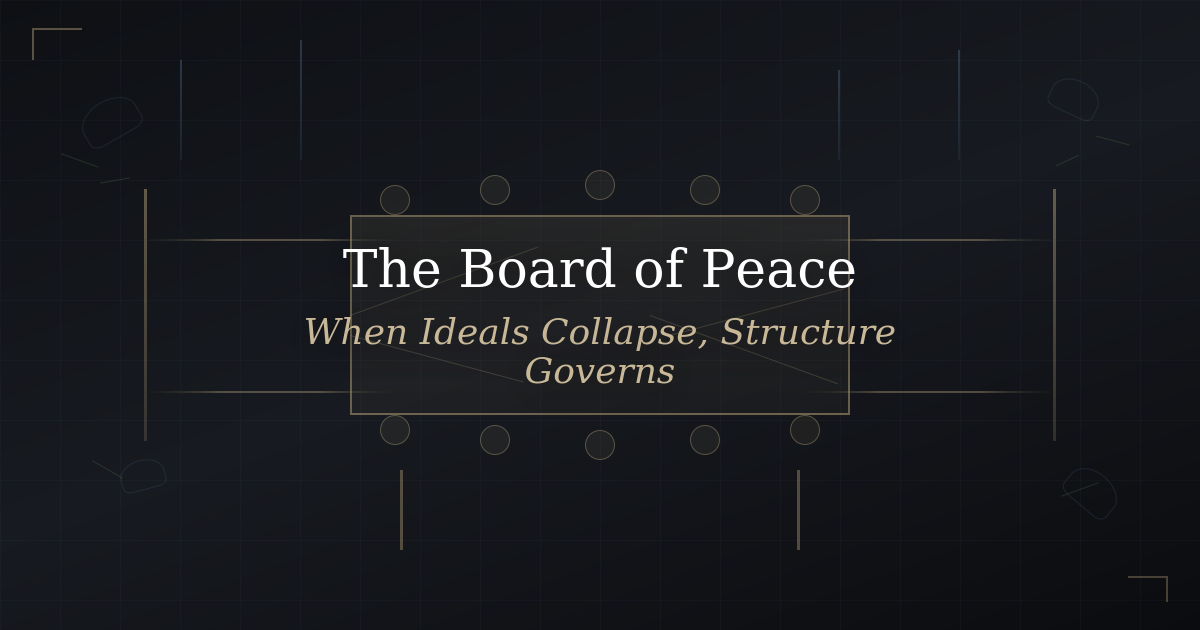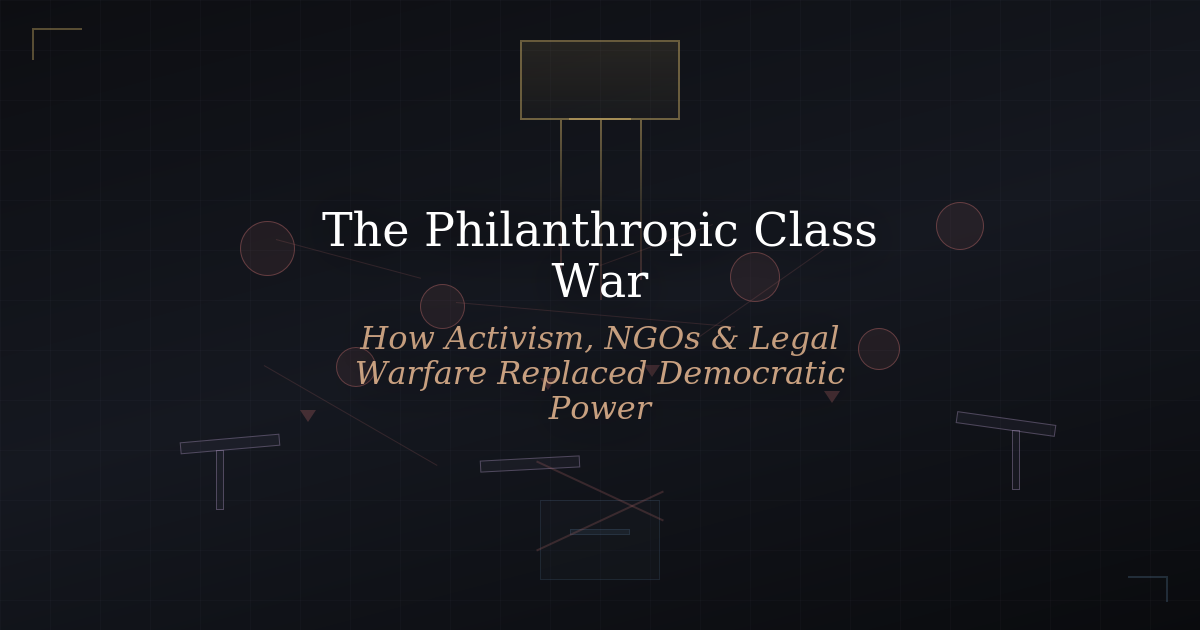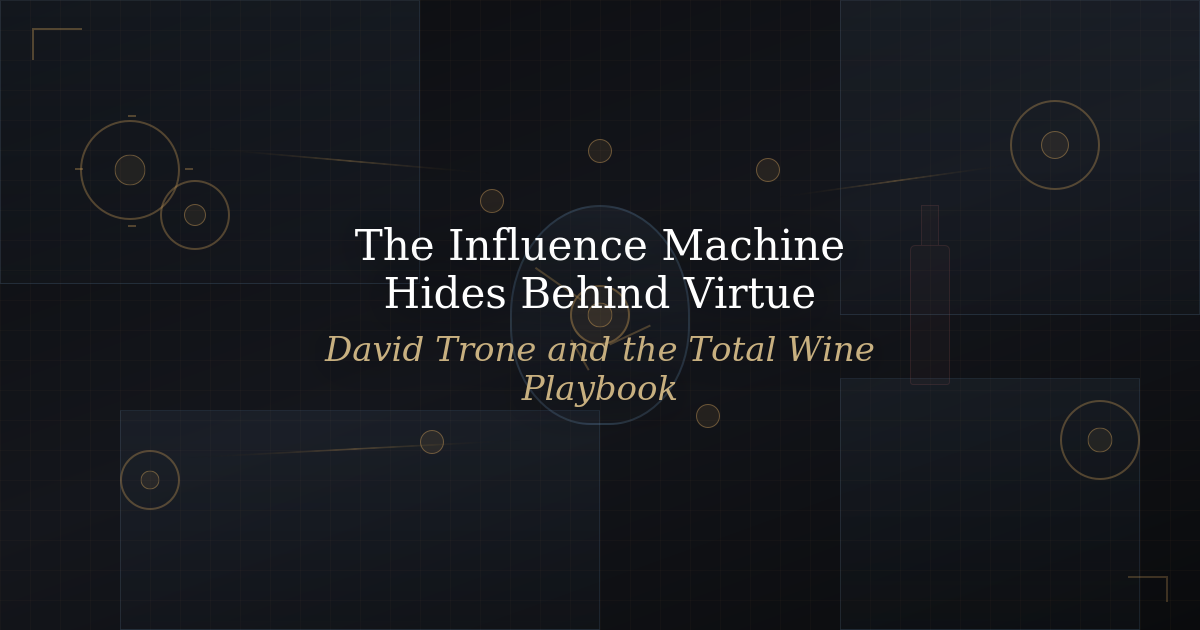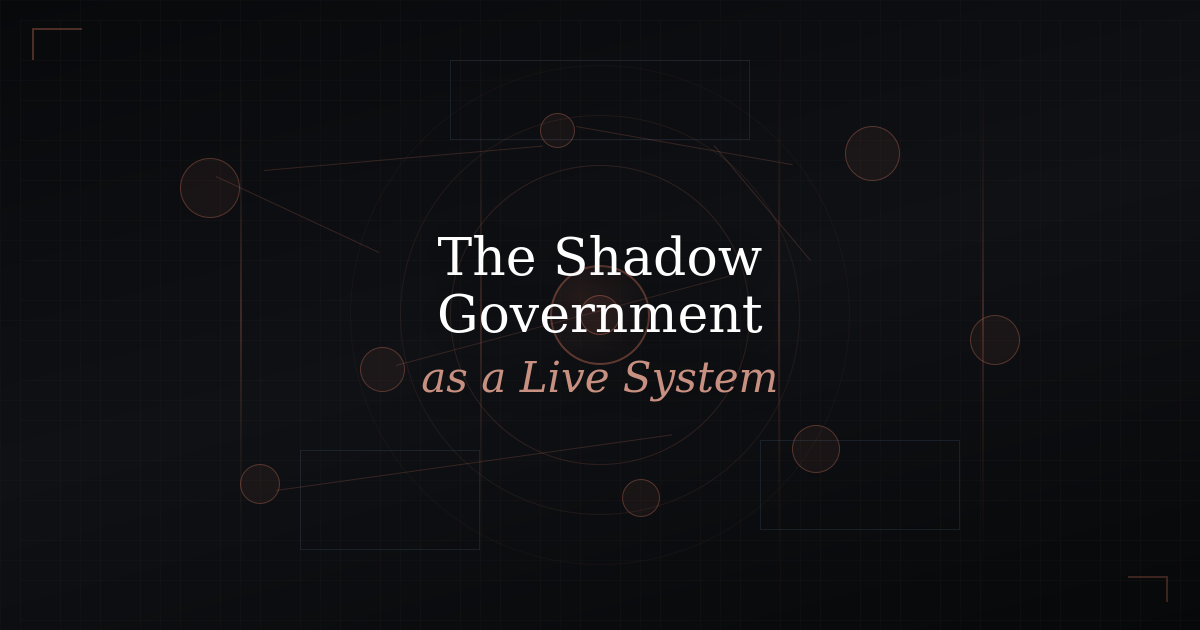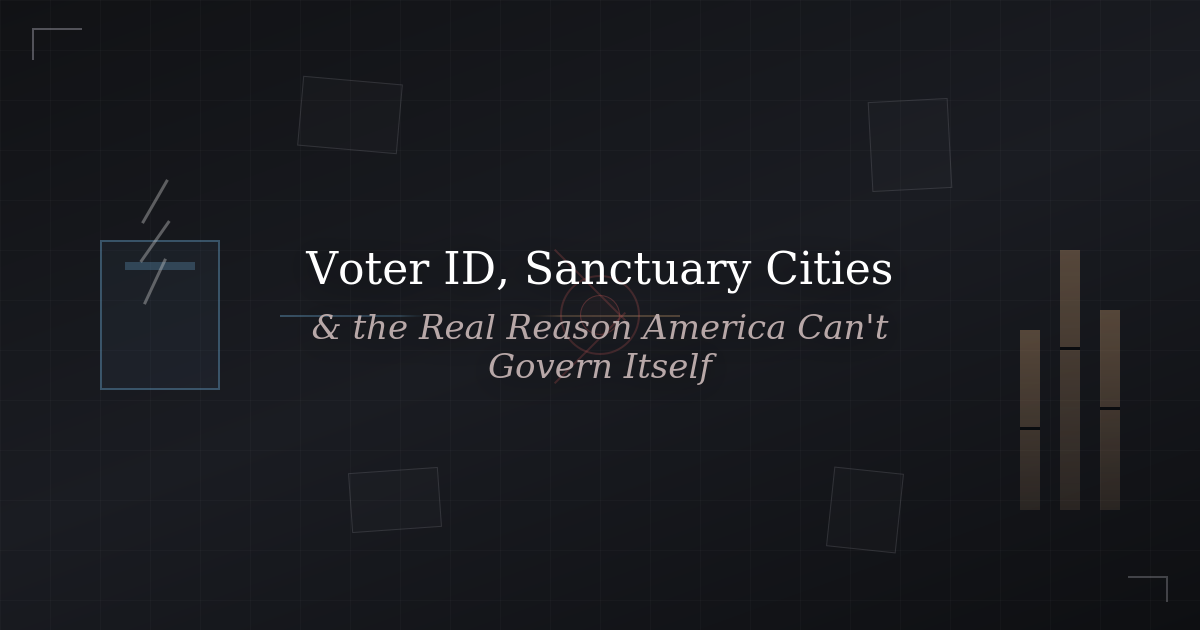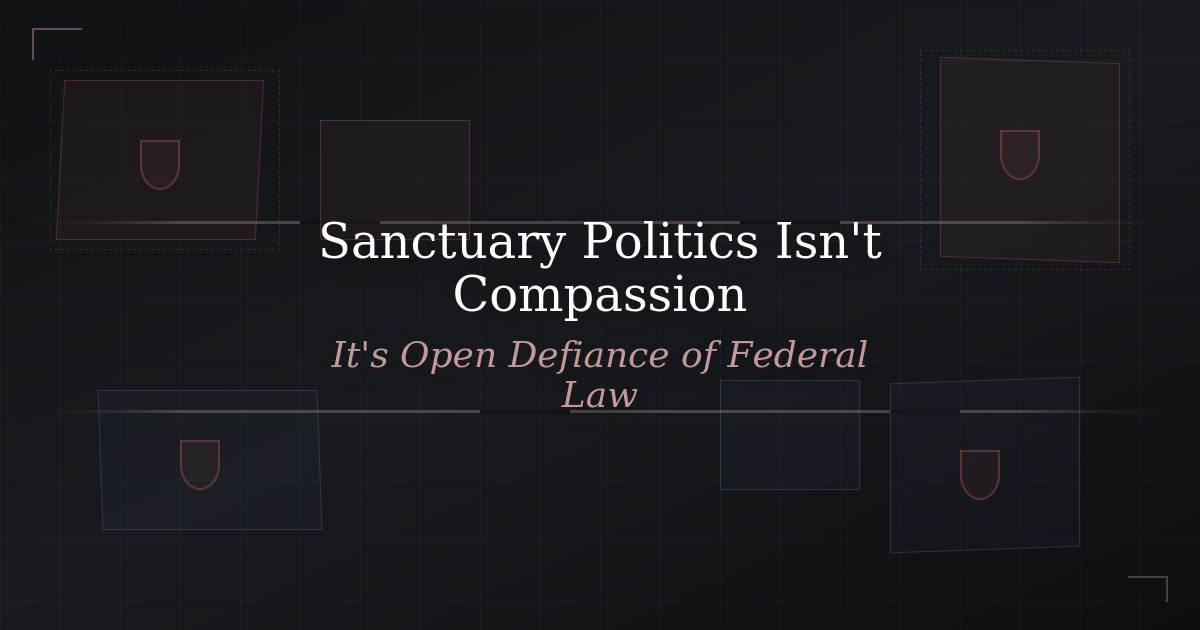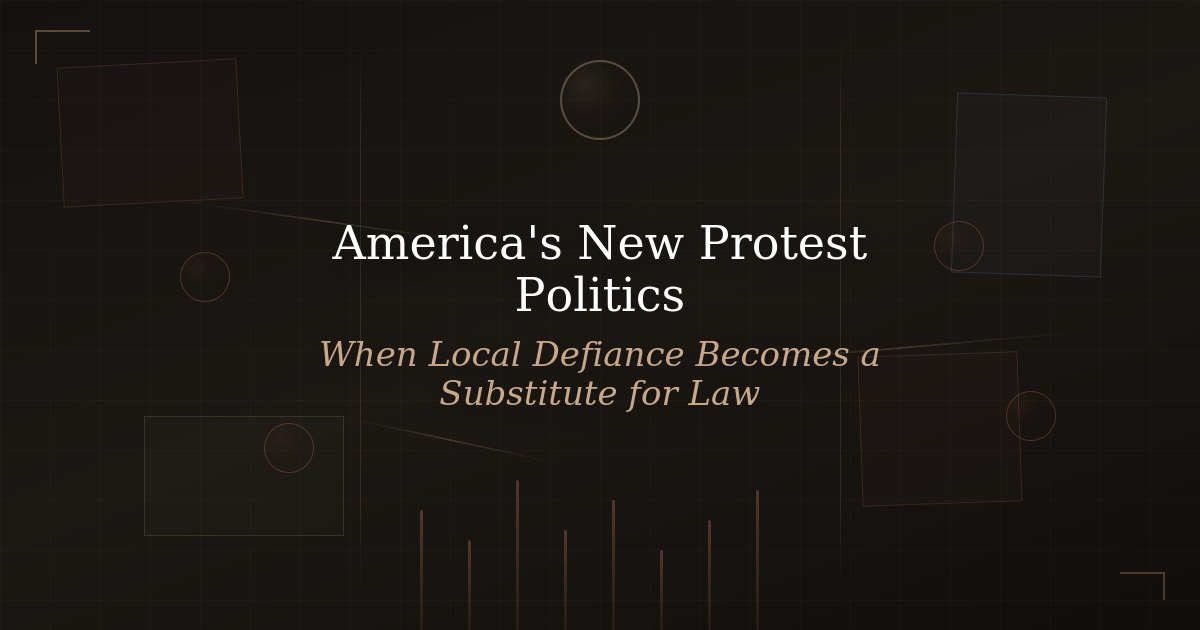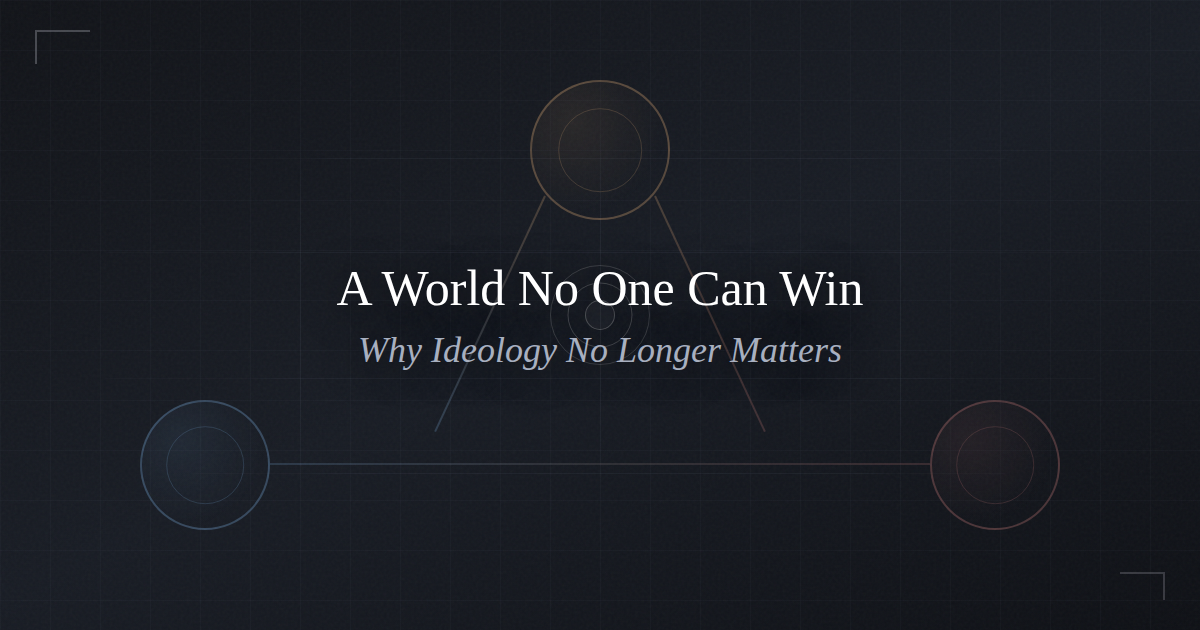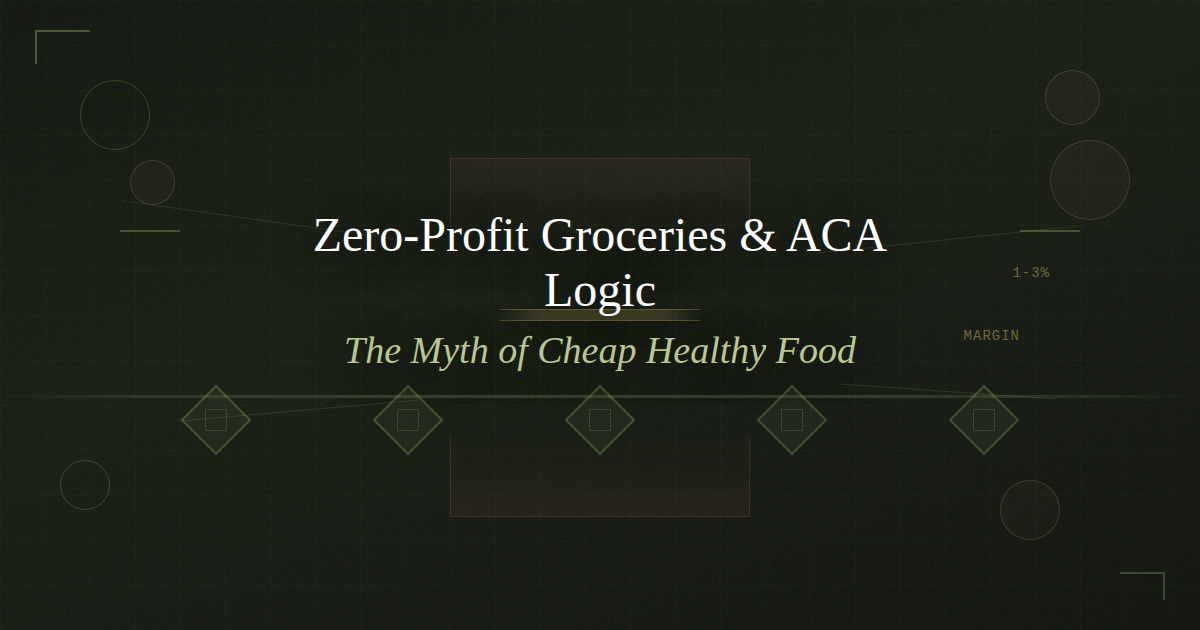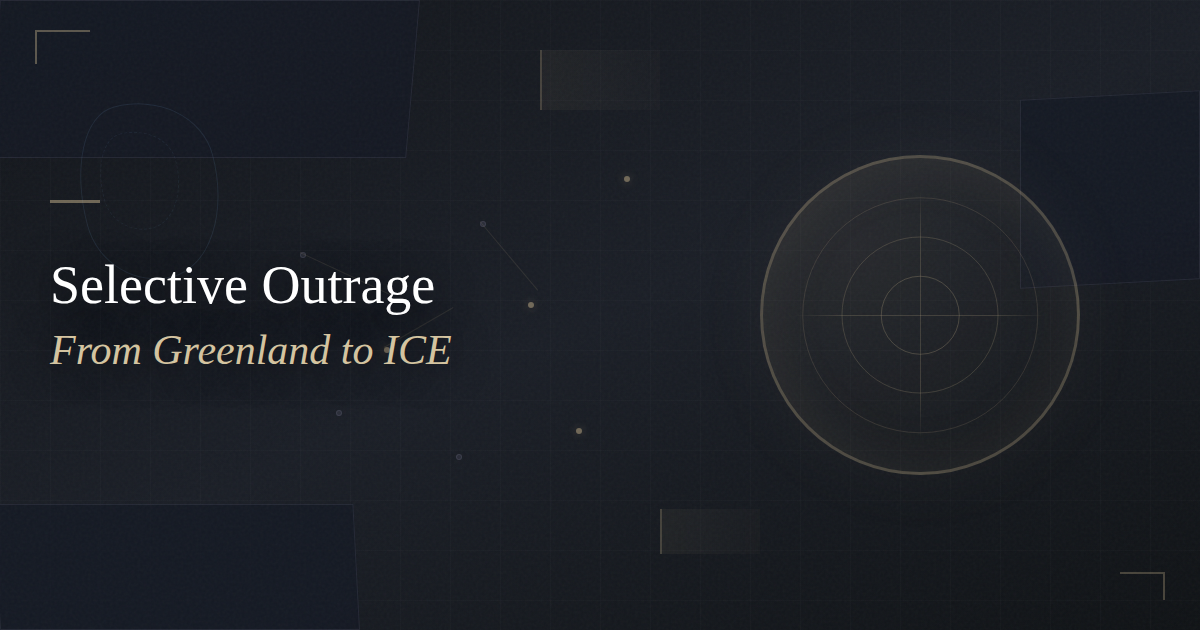War, Media, and Democratic Institutions at the Global Level
Where does the world go from here? War is the word of the hour. Trump's peace approaches are dismissed as fantasy and cheap, and all the media reports on is the spending and propaganda for war. An interesting book, Ueber Kriege und wie man sie beendet , notes that wars either end very quickly or drag out to exhaustion. In the latter case, negotiations need to be “solid,” not deflective. Look at Ukraine and Russia—if Ukraine believes it can win, the war will not end, as both sides take the position of “winner,” demanding the ultimate outcome in negotiations. Yes, Zelensky landed a coup with his drone attack, but was the devastation really as big as the Western media makes us believe, or just another propaganda coup?
Obviously, it did not deter Russia, and mostly the “non-participants.” But all Russia (Putin) haters still see Ukraine winning, unfortunately with no evidence but “must.” It would be better to negotiate long and hard to establish clear guidelines—but how can you control it all? After Boris Johnson pulled the plug in 2022, Merkel admitted that the Minsk agreements were a tool to buy time. So how can we expect Russia to accept any deal? They will fight to the end, relentlessly, especially since even Germans have to report that Russia hates Germany more than the US. The biggest advocate for war, unrealistic and dement , was Joe Biden. Although Russia started the war, Lula sees a complicity of the West, which has always said that the war was an unprovoked war of aggression that came out of the blue, so to speak: "But Western countries also bear a certain responsibility. Joe Biden, with whom I spoke at length, said that Russia must be destroyed."
Here are some more links: emotional , the hopeful , trends favoring Russia, and the drones of the future. Did you know that taking dead bodies back is a financial problem for Ukraine ? Yet no one seriously considers peace talks, but the war rhetoric is still heating up. So, until next time.
Imagine if we had a press or media that reported the truth—we would only have one outlet, wouldn’t we? But then, would people believe them? Is the current split in opinion really a result of the media, or of people wanting to hear their opinions confirmed? Here is an interesting take from someone not really a political star but good enough for strategic thinkers in the US —and advice is cheap.
Is Trump really breaking democracy? It is astonishing that after we had a president unfit for office, elected and covered by the media, using dictatorial measures—including empowering the government to eliminate a political opponent, misusing power with immigration, and failing the world as a leader—calling opponents Nazis and all sorts of names, using autopen orders and granting clemency to his own family, it is now the total weakness of the Democratic Party and its unforgivable strategic mistakes during Biden’s presidency that we see. Now it is abuse of power through lawyers and judges. Trump is doing what he said during his campaign. Approval ratings: Democrats and Donald J. Trump. But authoritarianism does not require the destruction of the constitutional order.
What lies ahead is not fascist or single-party dictatorship but competitive authoritarianism—a system in which parties compete in elections but the incumbent’s abuse of power tilts the playing field against the opposition. Most autocracies that have emerged since the end of the Cold War fall into this category, including Alberto Fujimori’s Peru, Hugo Chávez’s Venezuela, and contemporary El Salvador, Hungary, India, Tunisia, and Turkey. Under competitive authoritarianism, the formal architecture of democracy, including multiparty elections, remains intact. Opposition forces are legal and aboveground, and they contest seriously for power.
Elections are often fiercely contested battles in which incumbents have to sweat it out. And once in a while, incumbents lose, as they did in Malaysia in 2018 and in Poland in 2023. But the system is not democratic because incumbents rig the game by deploying the machinery of government to attack opponents and co-opt critics. Competition is real but unfair.
Just a side note: Netanyahu is not noted as an authoritarian —but what do you expect from a Harvard elite professor and Berkeley alumnus? Another Democrat propaganda piece?

